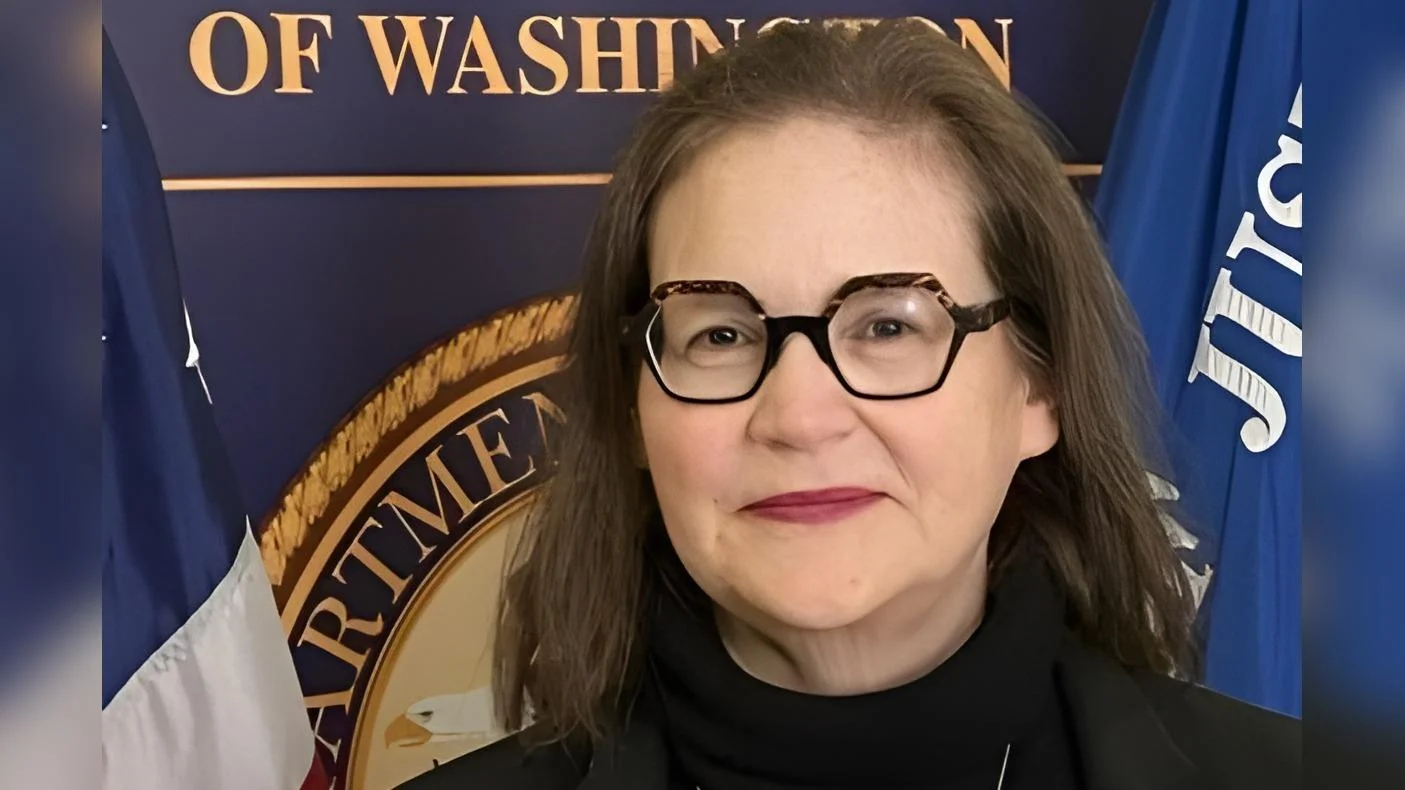A former semi-professional rugby player from Seattle has been sentenced to 30 months in prison for wire fraud related to a cryptocurrency mining Ponzi scheme. Shane Donovan Moore, aged 37, operated Quantum Donovan LLC, which he claimed was involved in purchasing and operating cryptocurrency mining equipment. However, the company never invested in such equipment and functioned as a Ponzi scheme.
Acting U.S. Attorney Teal Luthy Miller announced the sentencing, stating that Moore solicited over $900,000 from approximately 40 investors under false pretenses of investing in cryptocurrency mining. Instead, the funds were used to support Moore's lavish lifestyle and pay off earlier investors to maintain the fraud.
At the sentencing hearing, U.S. District Judge Tana Lin remarked on Moore's actions: “Most people have suffered serious trauma like you, but you have also had many opportunities and advantages that many people have not.” Judge Lin further noted that Moore "caused emotional and psychological damage to the victims."
Moore recruited investors from various states including Utah, Oregon, Connecticut, New Jersey, and Washington. Many of these investors were acquaintances from his rugby activities. Between January 2021 and October 2022, Moore made fraudulent promises about using investor money for purchasing computers for a cryptocurrency mining operation. He falsely assured investors of daily returns based on the work of non-existent mining machines.
Assistant United States Attorney Brian Wynne emphasized in court documents that instead of purchasing mining equipment, Moore misused victim-investor funds for personal expenses such as luggage, travel, clothing, electronics, and a deposit for a luxury apartment. The total loss suffered by victim-investors exceeded $387,000.
The case was investigated by the FBI and prosecuted by Assistant United States Attorneys Brian Wynne and Casey Conzatti.





